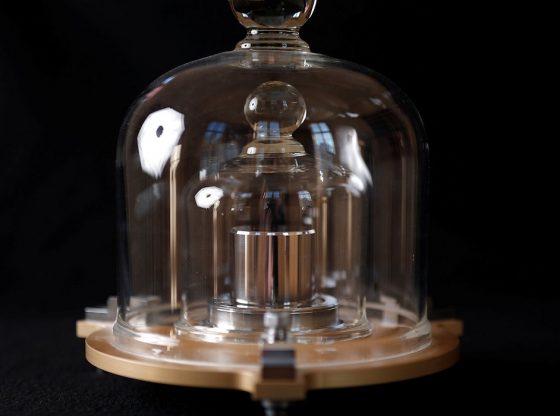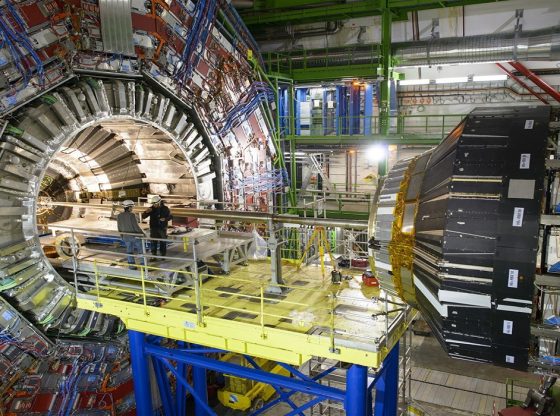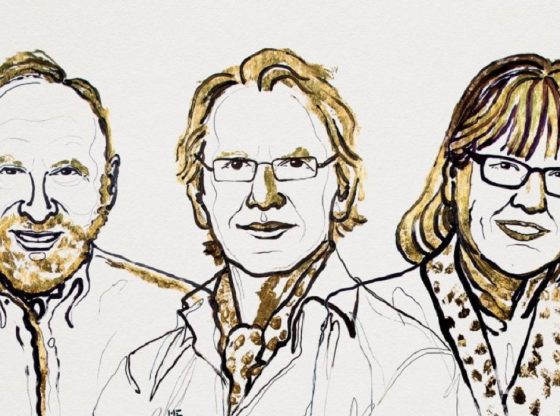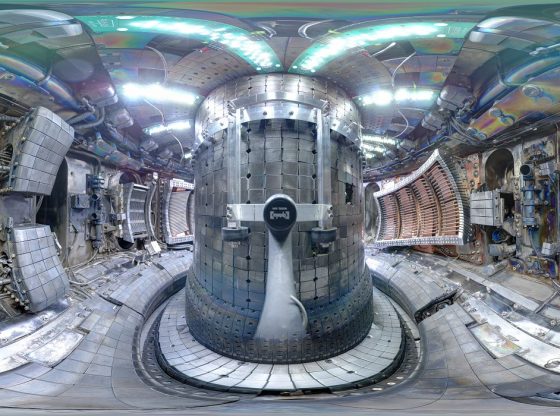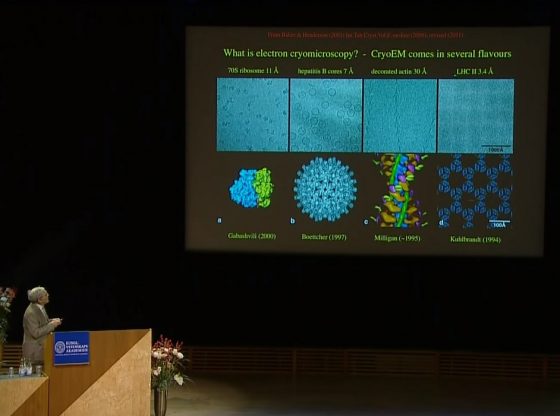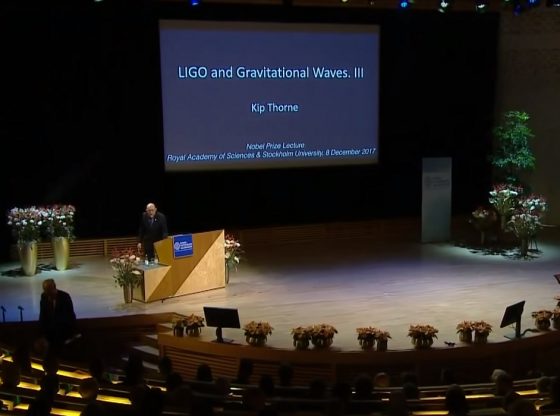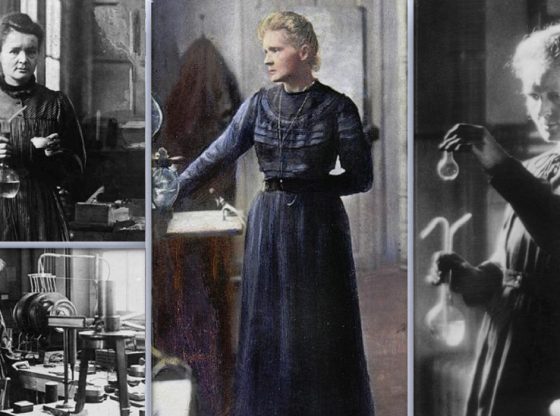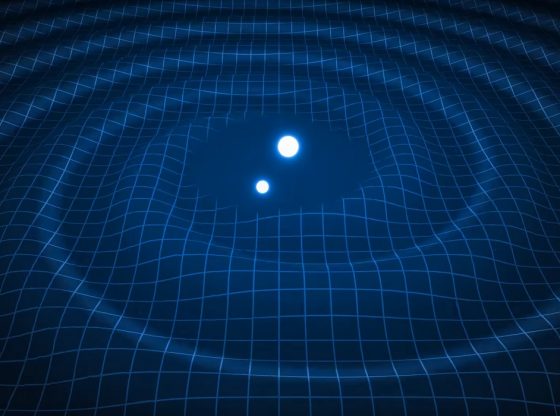Three scientists have won the 2020 Nobel prize in physics for their work on black hole formation and the discovery of a supermassive black hole at the center of our galaxy. Roger Penrose, Reinhard Genzel, and Andrea Ghez together scooped the 114th Nobel prize in physics.
Penrose, a professor at the University of Oxford who worked with the late Stephen Hawking, showed that black holes must be a physical reality – proving Einstein’s general theory of relativity. Genzel and Ghez discovered a supermassive black hole in the center of our galaxy, the Milky Way.
“This year’s laureates have uncovered secrets in the darkest corner of our universe. But this is not just an old adventure coming to its triumphant conclusion, it is a new one beginning. As we probe ever closer to the horizons of the black holes, nature might have new surprises in store,”
– Ulf Danielsson, the professor of theoretical physics at Uppsala University in Sweden.
Ghez, only the fourth woman to be awarded a Nobel prize in physics, said she was thrilled to receive the award.
“I hope I can inspire other young women into the field. It is a field that has so many pleasures, and if you are passionate about the science there is so much that can be done,”
Black holes are perhaps the most mysterious and powerful objects in astronomy. They are at the center of every galaxy, and smaller ones are dotted around the universe. Nothing, not even light, can escape their incredible gravity. They are the ultimate cosmic dead end.
The three Laureates share this year’s prize – 10 million Swedish kronor ($1.1 million) – for their discoveries about “one of the most exotic phenomena in the universe,” the Royal Swedish Academy of Sciences said.



